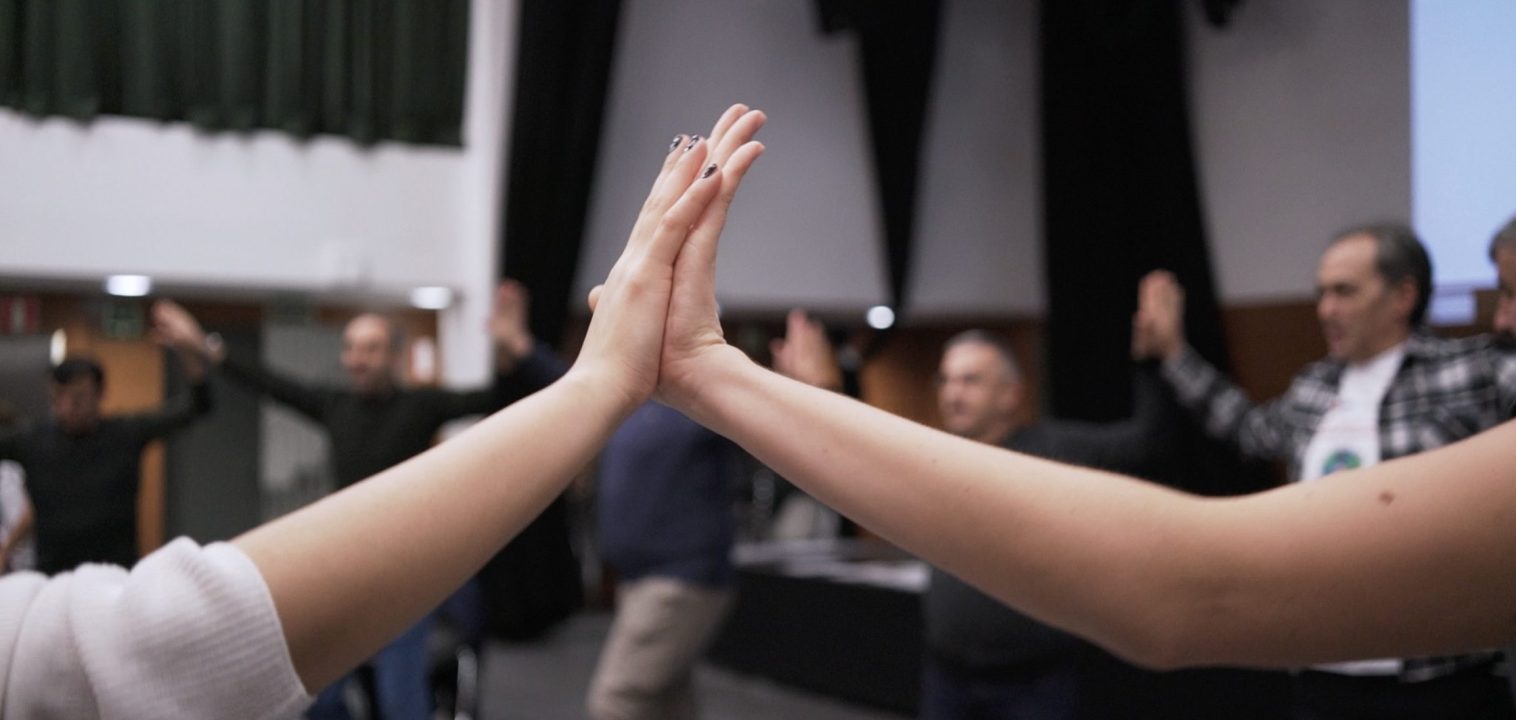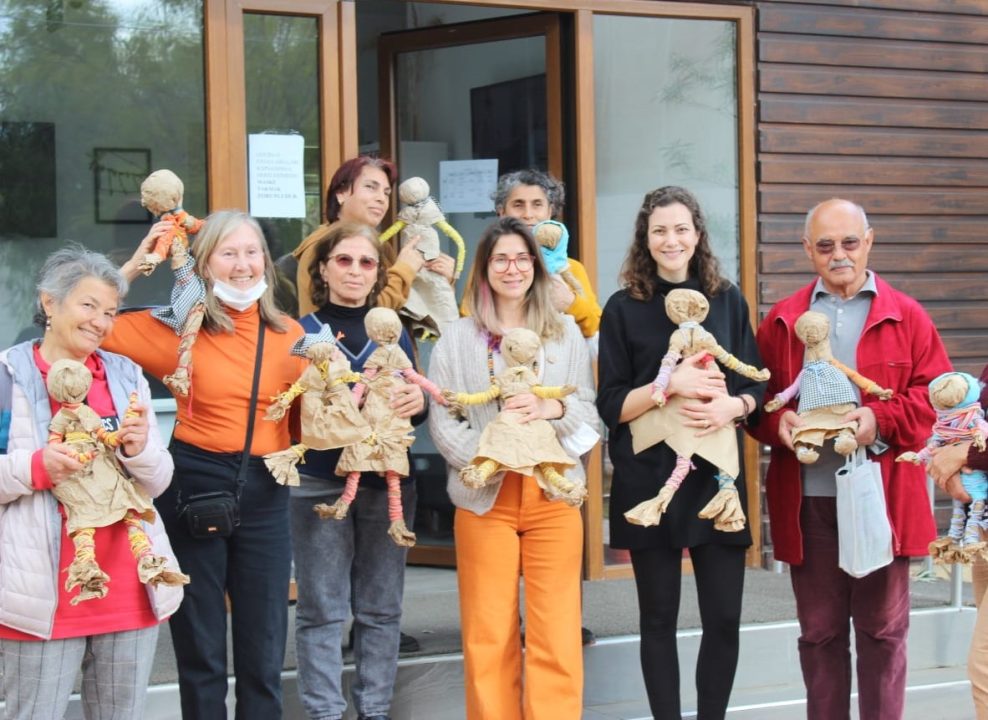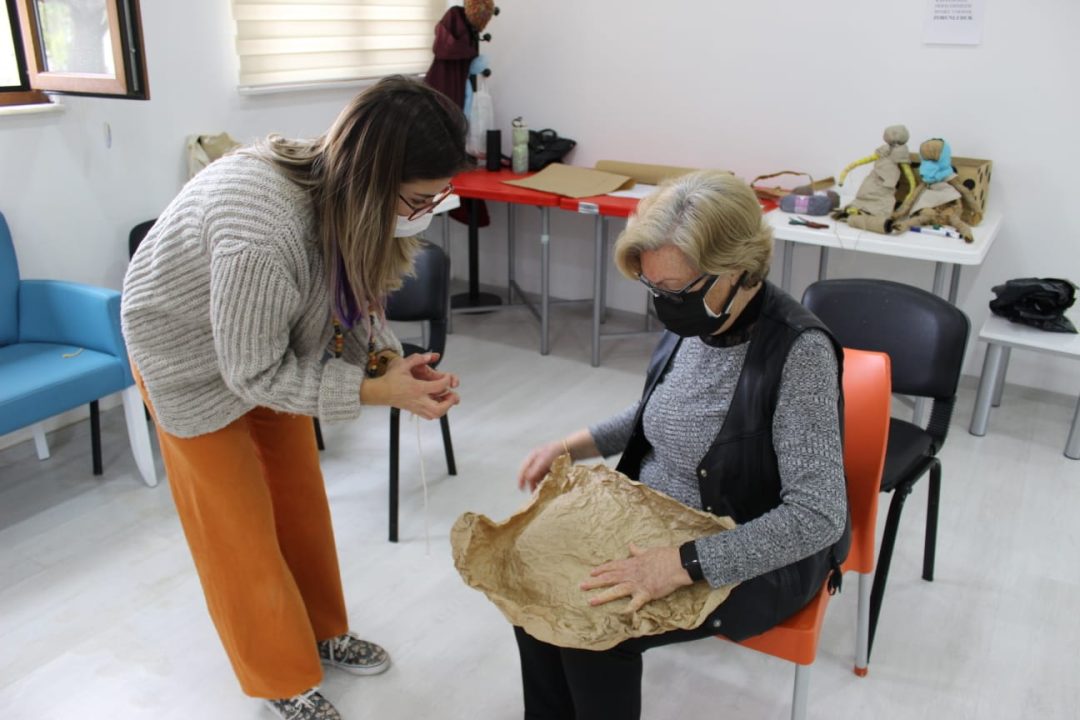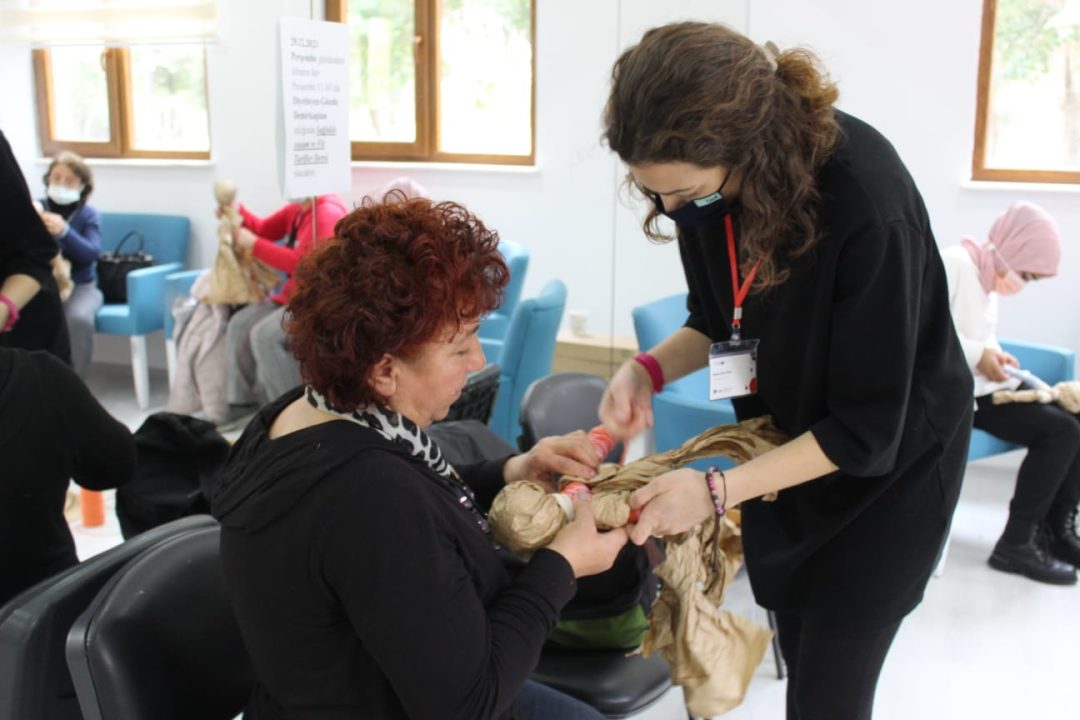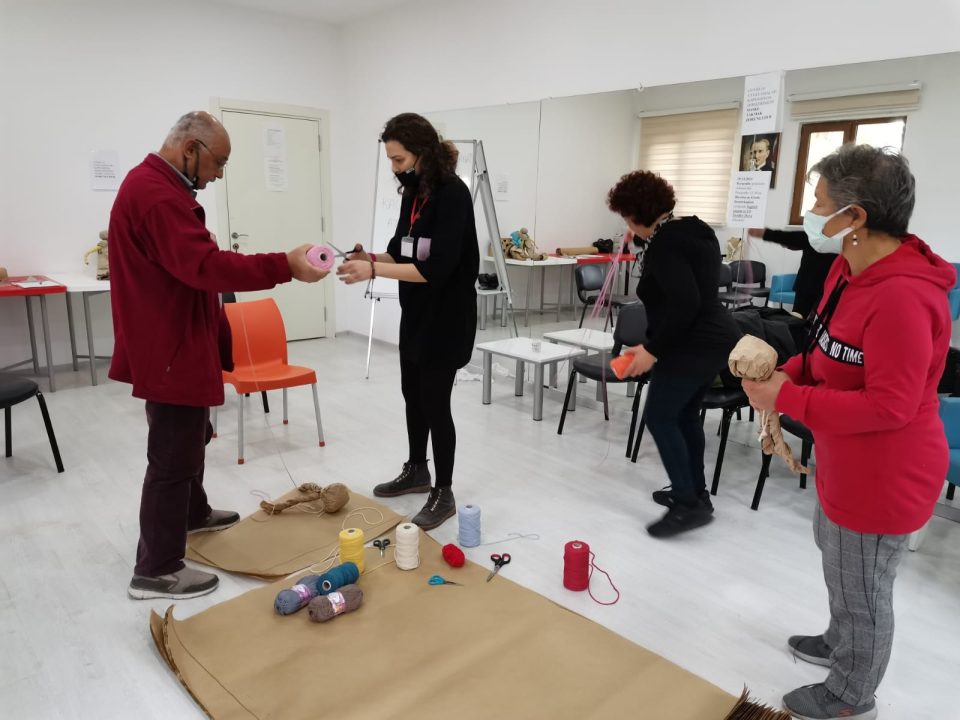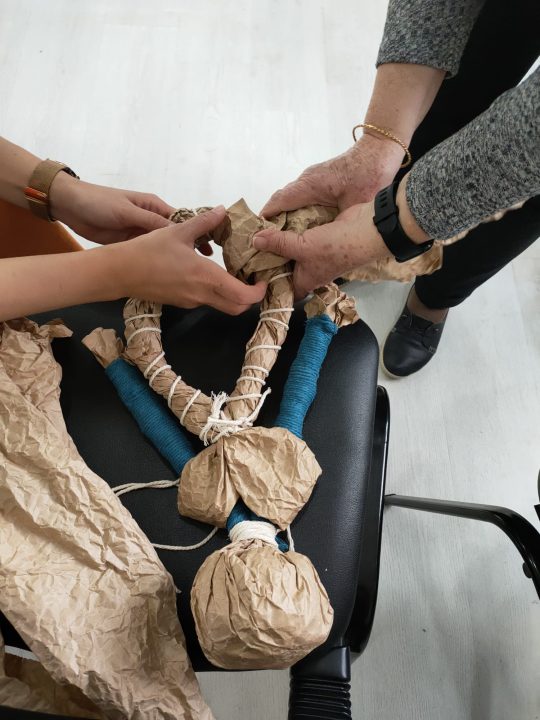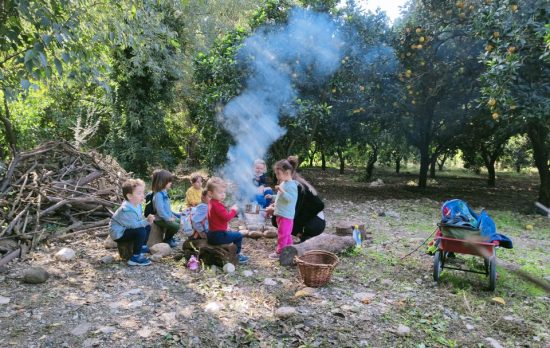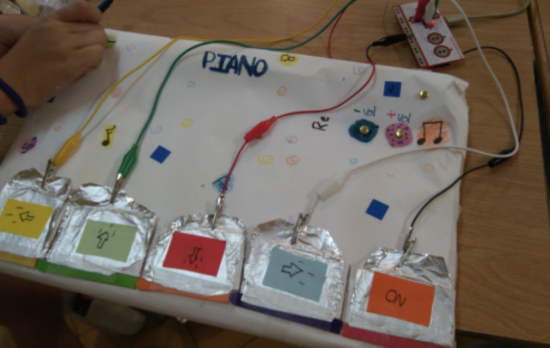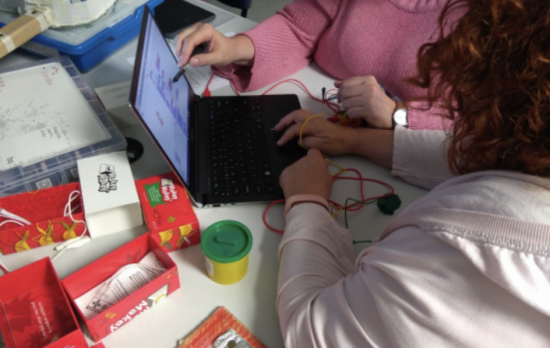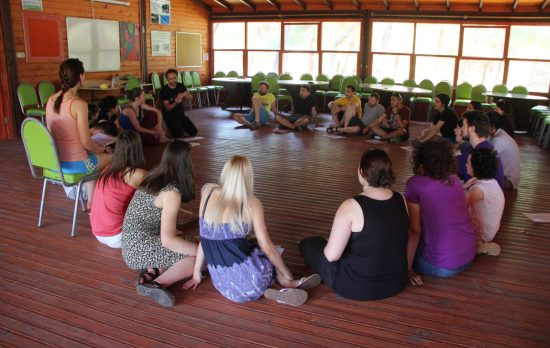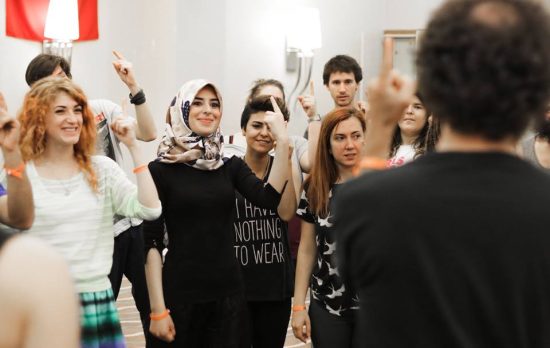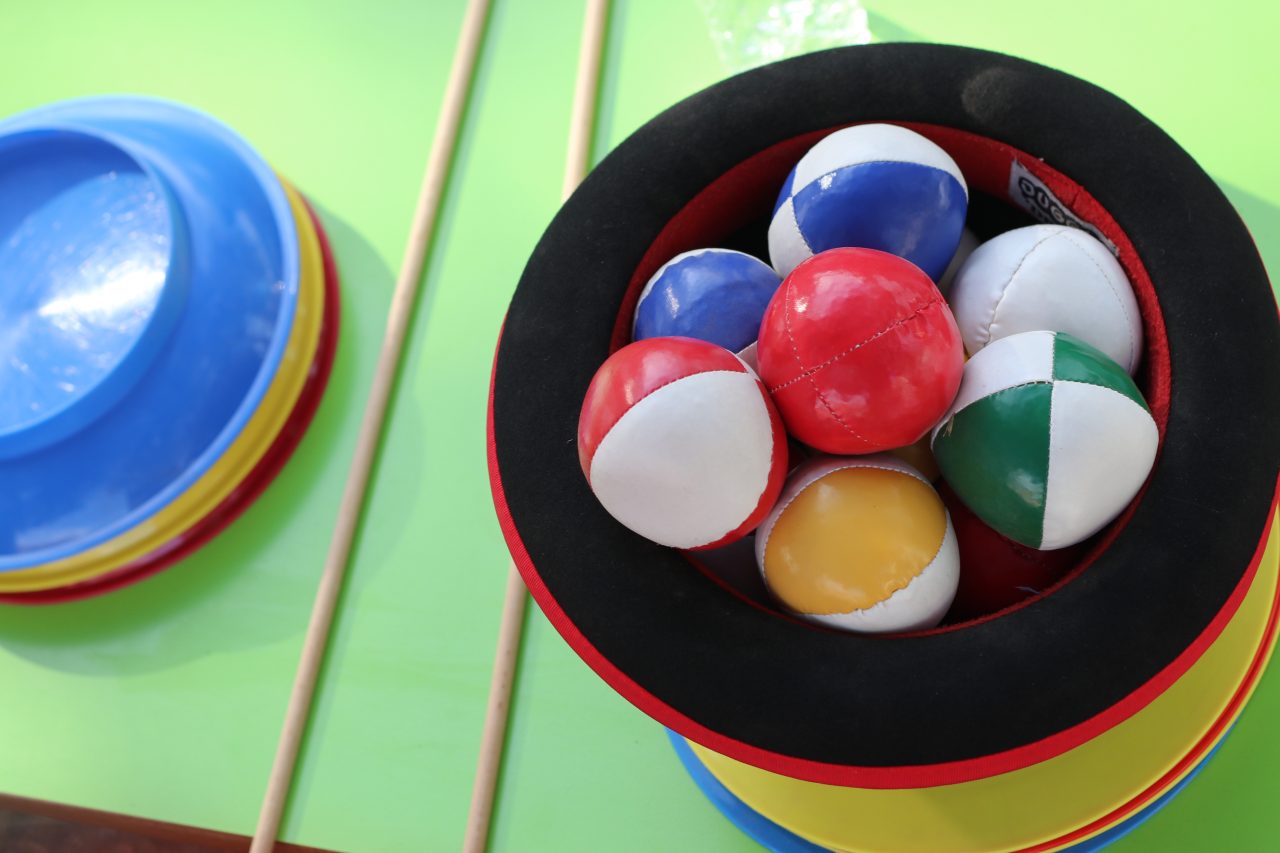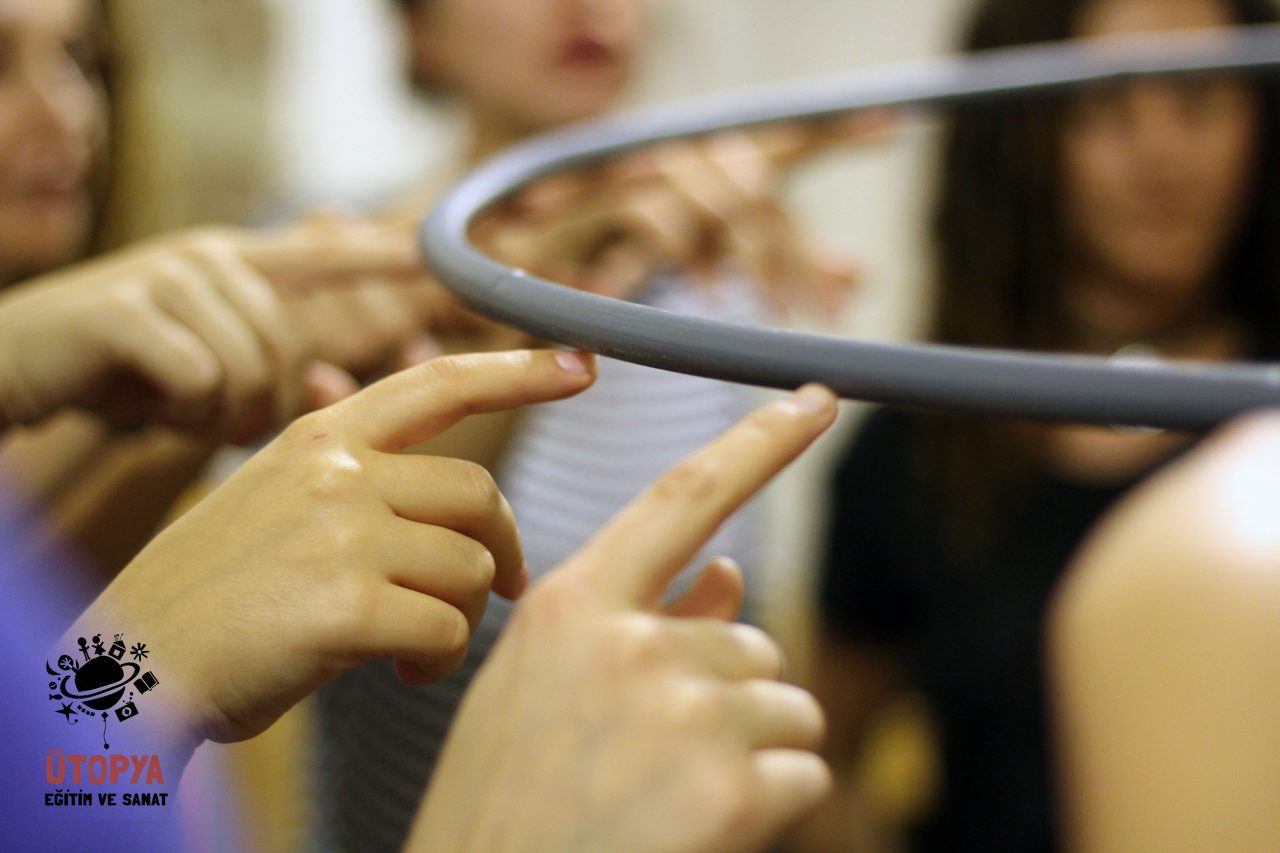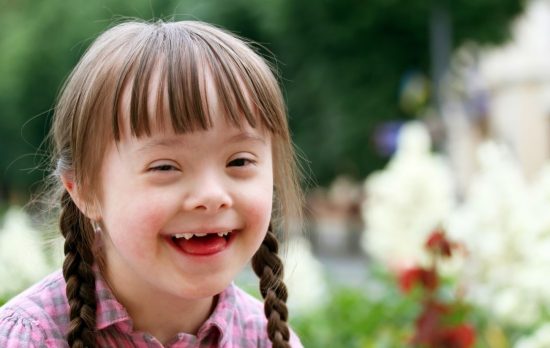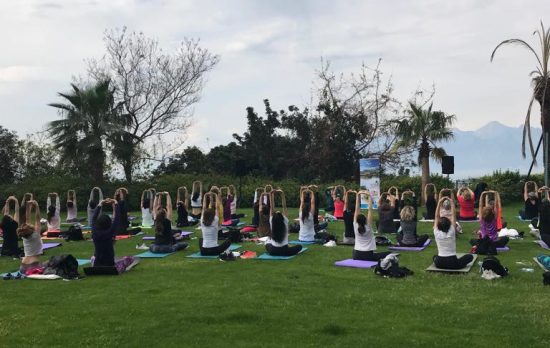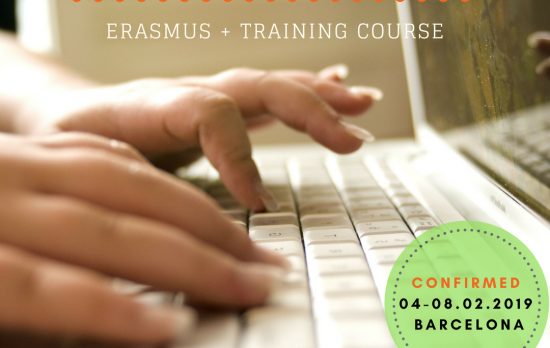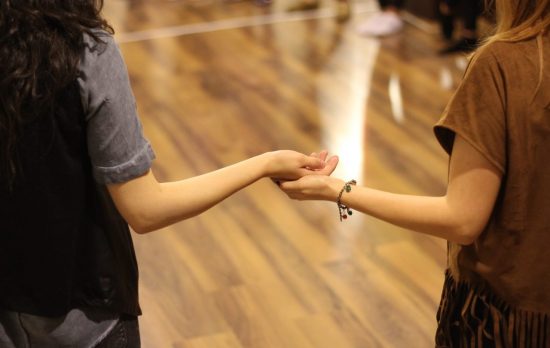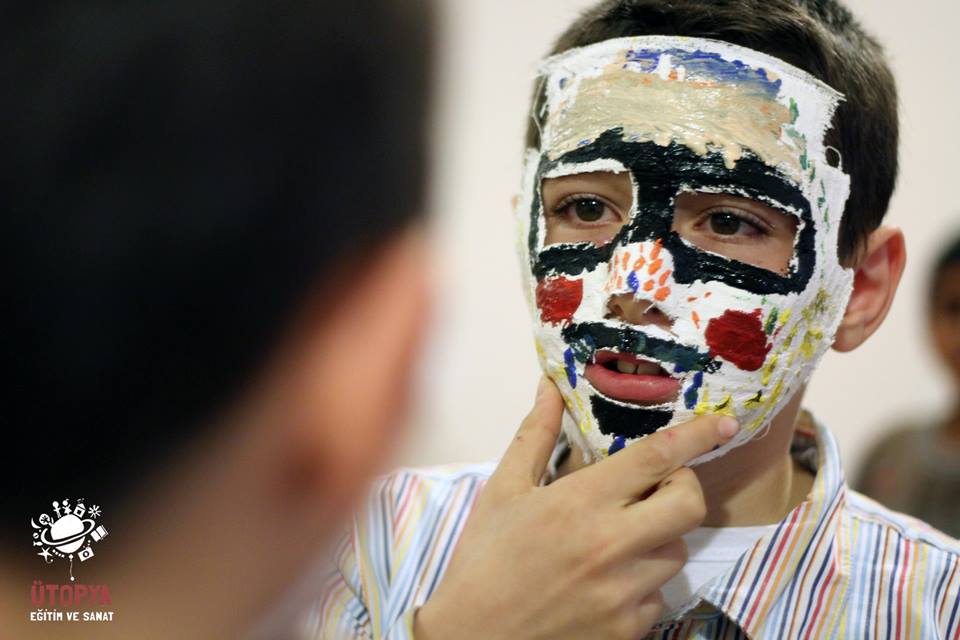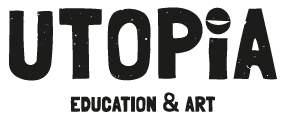FUN ENGLISH
ENGLISH TEACHING THROUGH DRAMA ( FUN ENGLISH)
Drama is a tool to teach English or to teach anything. It helps to make the path shorter, to create space for real experience, even being in a creative or imaginative world. When you use drama or role-playing or mantle of the expert or games, the goal is the same: provide a relaxed space for people to try without being judged for it. It means that the person or the group will discover more about English not just because the teacher wants them to, but mainly because they are feeling motivated to learn more about it.
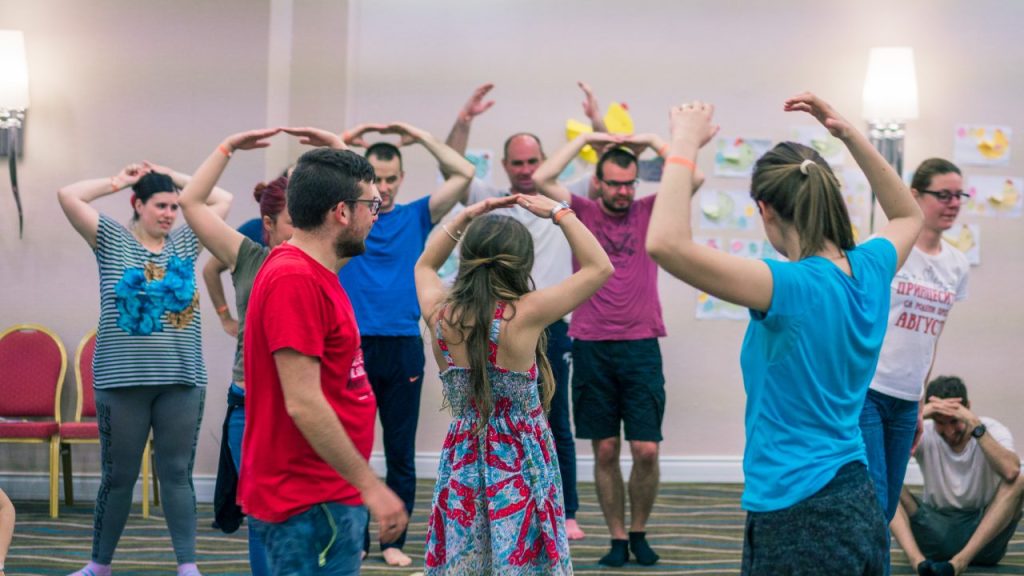
Creative drama is an improvisational, non-exhibitional, process-oriented form of drama, where participants are guided by a leader to imagine, enact, and reflect on experiences real and imagined. The creative drama takes children’s natural world, creative play, and develops it further, using theatre techniques, to create learning experiences which are for the participants. Drama specialist, Brian Way states in Development Through Drama, “Theatre is largely concerned with communication between actors and an audience; Drama is largely concerned with experience by the participants.”
Creative drama is a very effective tool to include a disadvantaged groups because it is a discipline in which the
sense of respect and empathy between individuals are developed and the principles of ethics, equality, and respect for
differences are exercised. Furthermore, the integration of the disadvantaged group with the other group and the development of social, physical, emotional, language skills of the disadvantaged children are the one of the basic aims of creative drama. Self-confidence development, healthy communication and trust within the group, and the development of individual self-expression skills can be easily supported by creative drama.
Drama is a tool to teach English or to teach anything. It helps to make the path shorter, to create space to real experience, even being in a creative or imaginative world. When you use drama or role-playing or mantle of the expert or games, the goal is the same: provide a relaxed space for people to try without being judged for it. It means that the person or the group will discover more about English not just because the teacher wants them to, but mainly because they are feeling motivated to learn more about it.
When you have the opportunity to get a group of English teachers together, it is a great chance to show them how it is possible to teach the same thing, in a more creative and active way. More than that, when you can create an environment where the students feel that they can be responsible for their learning, that they can share in a safe space with a group that is keen to help to solve problems, to improve knowledge and in the end, every member will receive the bonus of their personal investment.
- Using drama tools in class as a teaching method
- Using drama tools as social inclusion tools
- Knowing Creative Drama intercultural and European dimension
- Evaluation technics through drama activities
- Effective Communication through drama activities
- Intercultural experience
- KNOWING EACHOTHER
- TEAM BUILDING
- ROLE PLAYS
- DRAMA GAMES
- DRAMA TECHNICS
- ENGLISH SONGS AND DRAMA PLAYS
- CREATIVITY
- EVALUATION TECHNICS
- COMMUNICATION
- TRUST GAMES
- STORY TELLING
- CREATIVE WRITING
Yes, we organize local transportation, hotel, food, cultural visit, and social activities. Please contact us about the details and the offers. We prefer to offer organization fee and the options when your project is granted by Erasmus Plus due to the fact that the cost is changing from date to date and the locations.
- Antalya and İstanbul TURKEY
- Barcelona SPAIN
- London UK
A need and profile analysis will be sent to participants to determine the needs and profile of participants before the course. This form of participant profile is very important for us to see the level of knowledge and awareness about the topic, the needs of participants and expectations According to the information obtained from this form, our program is designed. Before our participants come to the country where the course will be implemented, they must make the necessary preparations for the topic. We will send to participants an information pack which has the necessary information to not to face problems during the course and other times. This package includes all logistical information (weather, currency, airport transfer, course location details, contact information, etc.) and preparations for participants for the course. In the course organization team, we have a guide for the groups for practical arrangements and the problems.
Our course is mostly conducted by non-formal education methods. Participants are actively involved in our creative drama activities, and participate in the activity in abundance and learn by having fun. We don’t like power point presentation based courses. We have materials, our body as the most important instruments and creativity. Group and individual works and experiential learning based studies are carried out.
Our course is mostly conducted by non-formal education methods. Participants are actively involved in our creative drama activities, and participate in the activity in abundance and learn by having fun. We don’t like power point presentation based courses. We have materials, our body as the most important instruments and creativity. Group and individual works and experiential learning based studies are carried out.
- 5 days training course: €400 (including Tax)
- 7 days training course: €560 (including Tax)
- 9 days training course: €720 (including Tax)
- * Daily €80 fee includes preparation of participants, Implementation of training course, coffee break, certificates, training materials, video clip and the photos of training course, after course support and materials. Hotel, food, transportation, cultural visit, and extra activities will be not included training course fee. For the accommodation please contact with course organization team.
PAYMENT METHOD
Participants transfer %30 of the whole amount before maximum 1 months of the course date. Remaining part will be paid in cash on the last day of the training course. For the reservation during the project application, any payment will be not asked. If the project is granted, participants contact with Utopia and ask for confirmation of course participation.
- Certificate of Attendance: Issued by Utopia Education and Art Organization
- Europass Certificate: Prepared by participants and validated by Utopia Education and Art Organization
- *No fee will be asked for certification.
Participants will receive the materials listed below.
- Certificates
- Video clip and the photos of the training course
- Activity reports
- Evaluation Results and report
- After course support ( A Digital File includes drama resources, music for drama activities and more.)
Daily Activities: 09:00- 17:00 (6-hour training course)
The objectives of a 5 days teacher training course have to pass through:
Day 1
- Some time to introduce the participants
- A short training into games to enable the imagination and creativity and also to create a space that provides sharing between the participants and respect to each other.
- A dynamic in which people will write about their expectations
- A discussion about what was found in common and what the training might be able to cover
Day 2
- The basics about drama: what it is, how can I use it?
- Methodologies that use drama for learning such as role-playing, storytelling or mantle of the expert (use some interesting practice, games, videos and engaging the participants during the explanations)
- A brainstorming time for participants to discuss between them how they can see their practice fitted in the methodologies presented
Day 3
- Creating a plan: like a business plan, teachers have to be able to organize their practice into a plan: what I teach? How I teach? How can I improve it?
- In groups, they will put together a plan of a day class using some of the techniques.
- As an open group, they will explain their thoughts and receive constructive criticism to improve the plans
Day 4
- The groups will apply their plans to the class. The time taken for it will depend on the number of participants, time available, space provided, etc.
Day 5
- Some time will be given for any group that could not apply their class plan on the day before
- The last day is the evaluation day. By doing exercises and games the participants will explain what they have learnt from the experience, what are the doubts they will try to sort out after the course and what are the things they could not find an answer to.
- Follow up: the group can create a way to keep in contact and keep letting people know how they developed their ideas and how creative drama became part of their practice
Upcoming Courses
